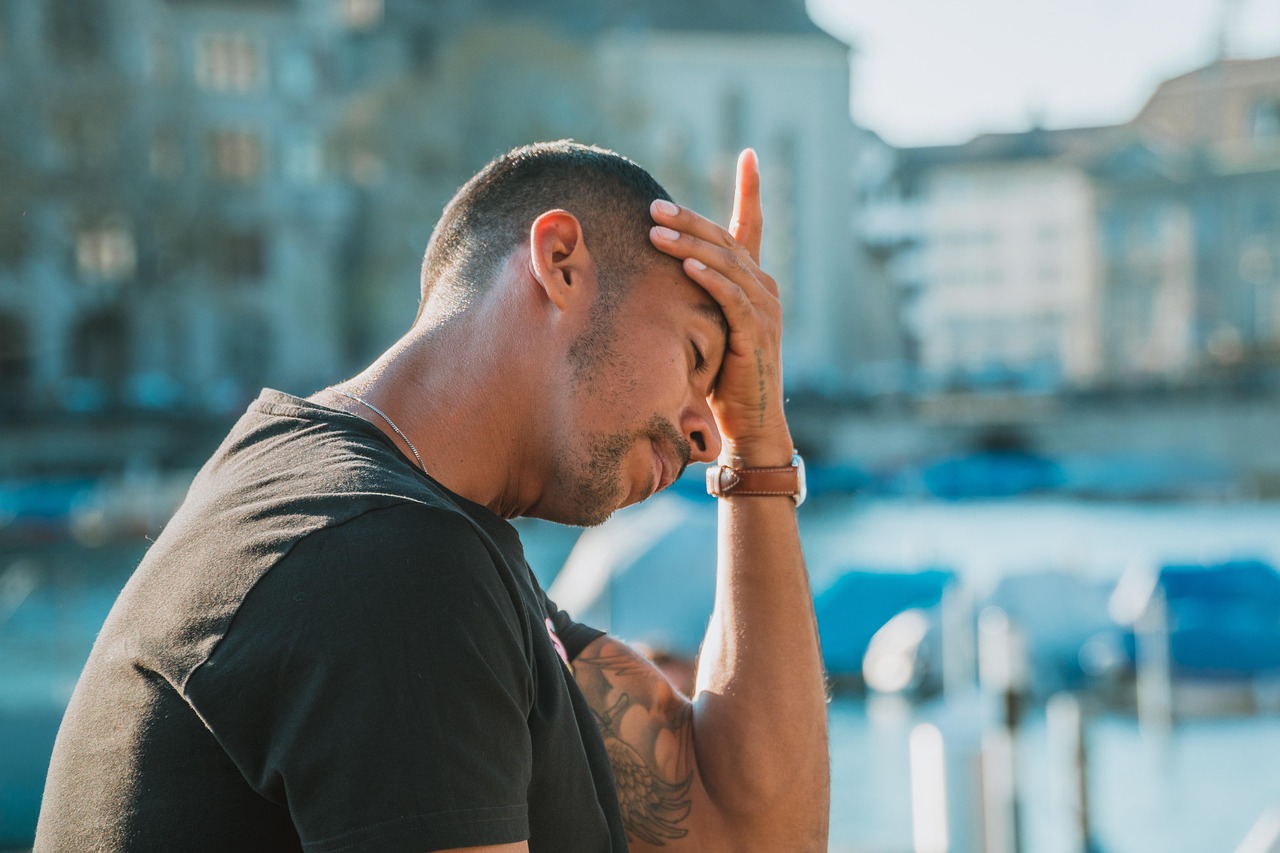In our culture, men are often taught that strength means never showing pain, never asking for help, and always pushing forward. Yet when a man experiences a profound loss—a partner, parent, child, or close friend—that silence can stall the healing process. Many men are taught to hide pain, but unexpressed grief deepens suffering. Loss doesn’t obey expectations of stoicism or stop because we refuse to feel. The true strength lies in allowing ourselves to feel what we must, in recognizing that male grief isn’t a fault but a sign of love and a pathway toward recovery.
What men truly need most when they lose isn’t a quick fix or a dismissal of the pain; it’s permission to grieve, space to express longing, and support that meets them where they are. The typical message to “be strong” too often means “don’t cry,” and that expectation can isolate a man in his sadness—leaving him to wrestle with anger, numbness, restlessness, or withdrawal instead of healing. The world around him may say go on, but inside he might ask: How do I go on when everything’s changed? The answer is not more pushing, but more presence: being with what is, acknowledging what’s gone, and gently opening to what can still be.
In this post, Dr. Ken explores how many men navigate loss, the hidden grief, the unspoken expectations, the real courage it takes to cry out instead of bottle up—and why vulnerability, community, and permission to feel become the unexpected pathways to resilience and wholeness.
Read Dr. Ken’s article, “How Men Deal with Loss, and What They Need Most” on Psychology Today.
For more information about how to turn adversity into opportunity, and how to go on after life’s most devastating challenges, buy Dr. Ken’s latest book, How We Go On: Self-Compassion, Courage, and Gratitude on the Path Forward.
(Image by Peggy und Marco Lachmann-Anke from Pixabay)

